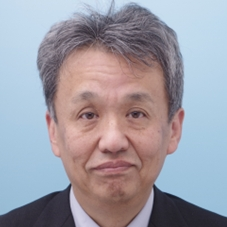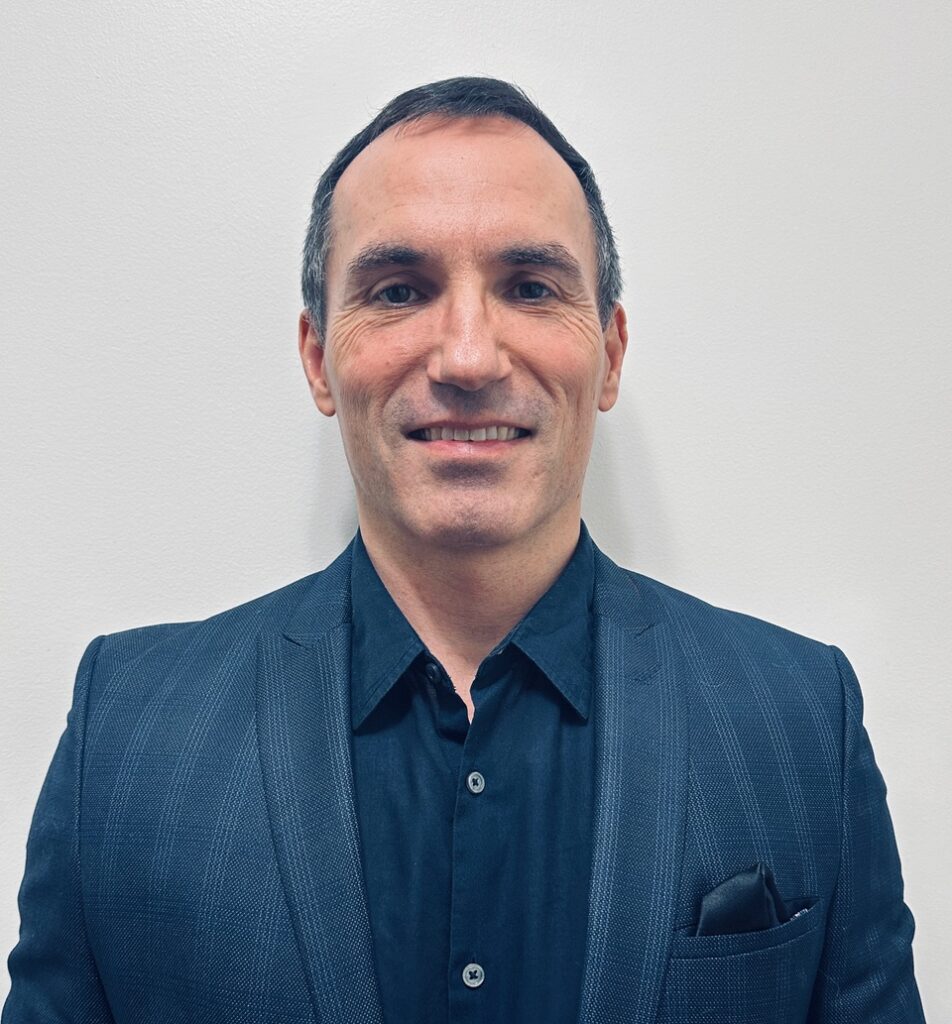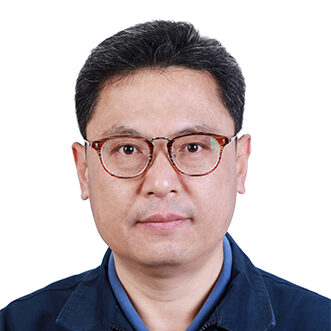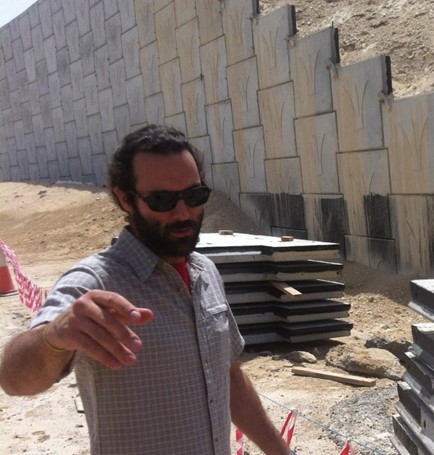The International Geosynthetics Society (IGS) calls on the European Commission to fully understand the enormous sustainability benefits of geosynthetics when considering how to reduce microplastics in the environment. Geosynthetics are part of the solution.
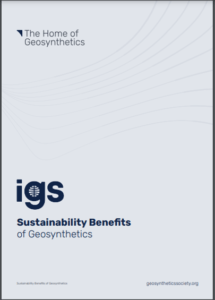
Nathalie Touze, IGS Vice President said: “The IGS welcomes the European Commission’s consultation. It is an important opportunity to clarify the main sources of microplastics. Using science-based evidence, we look forward to working with the Commission to identify effective measures to reduce microplastics leakage into the environment.”
Preston Kendall, Co-Chair IGS Sustainability Committee said: “Geosynthetics deliver enormous benefits. Geosynthetics reduce freshwater losses from irrigation canals in water-stressed regions and play a critical role in water and wastewater treatment plants. Compared to other construction materials, geosynthetics’ carbon footprint is typically 65% lower. They protect lives and livelihoods by reinforcing slopes and underpinning vital infrastructure. Geosynthetics offer a durable, reliable and resource-light means to protect vulnerable coastal zones from erosion. They also help to contain millions of tonnes of plastics stored in landfill every year.
Francesco Fontana, Chair IGS Corporate Committee added: “Independent data show that most plastic waste entering the environment is a result of poor waste management. The Commission’s own figures estimate that vehicle tyres and road markings (55%), pellets (28%) and clothing textiles (8%) account for the majority of microplastics in marine environments. Single use consumer plastics such as carrier bags and plastic bottles also contribute. In contrast to many consumer plastics, geosynthetics do not normally degrade and can be fully recovered and recycled at end of life.”
About us: The International Geosynthetics Society (www.geosyntheticssociety.org) is a learned society dedicated to the scientific and engineering development of geotextiles, geomembranes, related products, and associated technologies. We are registered as a non-profit corporation. We have hundreds of professional members throughout the European Union, who are committed to our ethical principles. We believe that geosynthetics and associated technologies make a significant contribution to the achievement of sustainable development.






